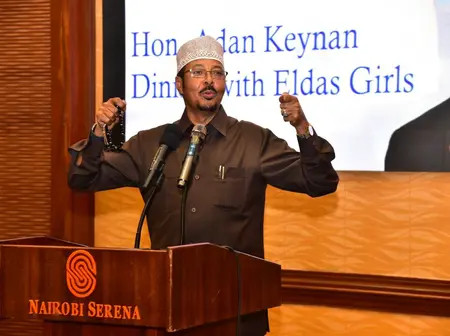President William Ruto’s revelation that businesses bribe MPs to make changes to important Bills is hardly surprising. The conduct of Parliament has in recent years been suspect.
It is not for nothing that Parliament is being derogatively described as the “house of deals”. Many MPs are more interested in lining their pockets than articulating the interests of the people who elected them to represent them.
President Ruto’s remark has reignited debate on the endemic bribery in the Houses of Parliament. Turning MPs into puppets driven by greed for money raises questions about the credibility of their oversight role.
The President has also accused the leadership of Parliament of being used to sneak amendments into Bills, altering what may have been agreed between the Executive and the business community. Of course, in an attempt to save face, National Assembly Speaker Moses Wetang’ula has denied the bribes-for-Bills claims.
MPs have often been influenced to pass Motions or Bills not necessarily in the interest of the people. They are mobilised for the benefit of other interests, including the Executive.
A good example is the controversial Finance Bill 2024 that contained “punitive and oppressive” tax proposals, and which was unanimously passed by Parliament. However, following protests by the GenZs, President Ruto declined to assent to it and the MPs, who had voted for it, made a shameless about-turn without batting an eyelid.
In yet another case, an MP alleged that his colleague told him to collect Sh20,000 and vote against a report in the House. And in 2021, MPs were allegedly paid to pass the BBI Bill that sought to amend the Constitution to reintroduce the Prime Minister’s position, among other drastic changes. It was later defeated.
With the President now accusing MPs of taking bribes to adulterate their cardinal law-making role, this vice can no longer be just ignored.

Leave a Reply